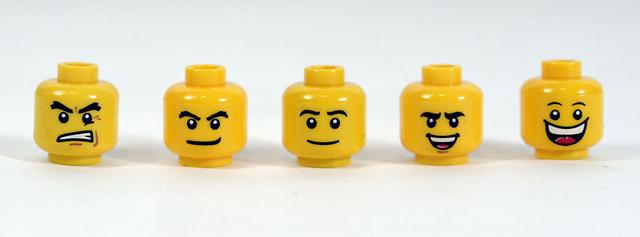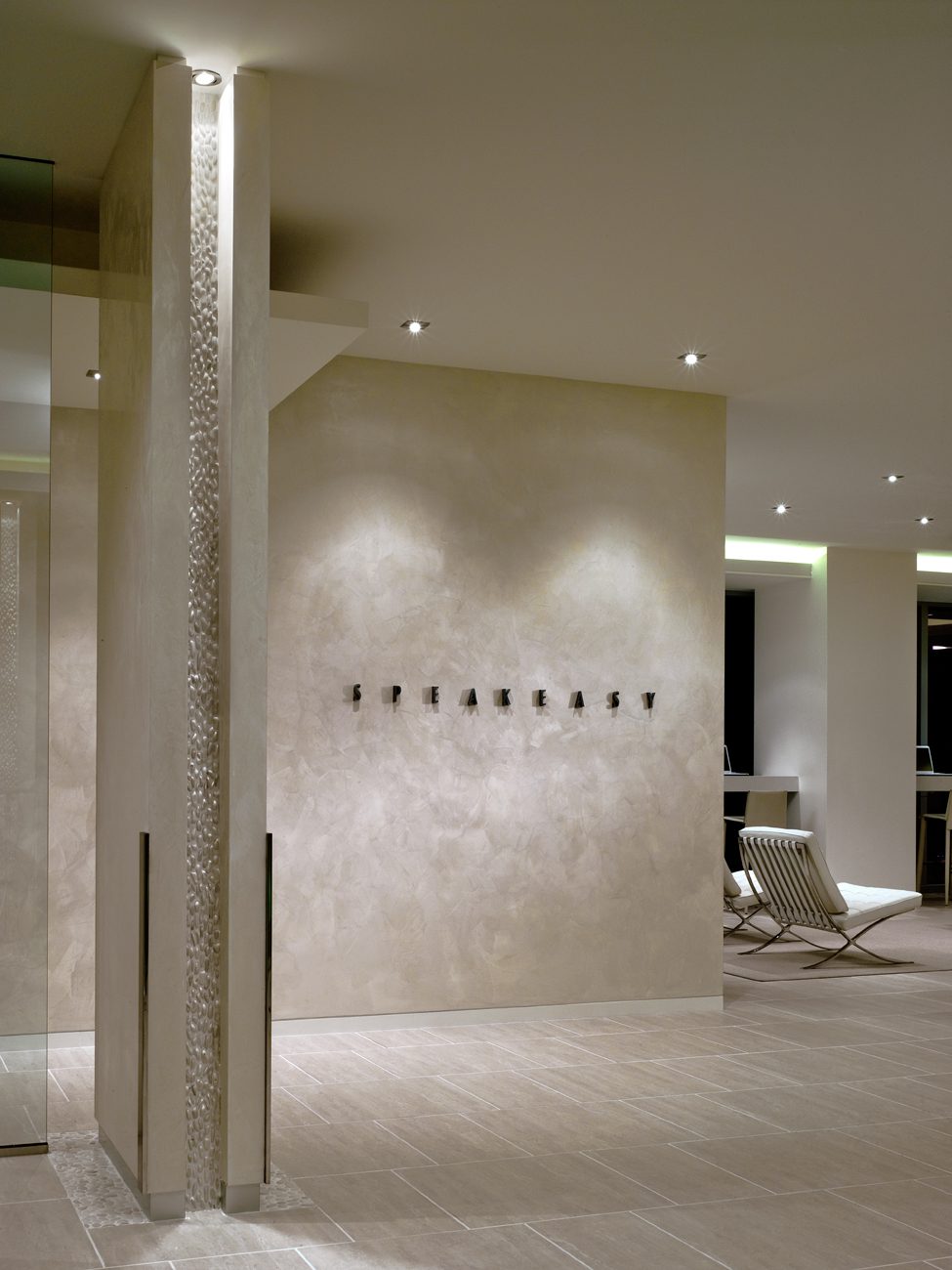
18 Dec Insights: What Does Your Face Say?
Reading Time: 2 minutes
from Alice Rutkowski, Faculty at Speakeasy
Imagine two rooms filled with 2 different groups. One group is relatively happy and content. The other group is the opposite, discontent and unhappy. If you peered into a window for each you could probably tell them apart without hearing them. What you would observe is the position of the hands, the posture of the body, and most importantly the expression on the face. The eyes are drawn to the face. According to Dr Hinderks the face is at the top of the hierarchy of things we observe in others. Whether we are accurate or not we make judgments and have strong opinions based on our perception of what we see.
Amazing as it might seem, the muscles of the face can adjust themselves into at least 10,000 configurations. Most of us can easily recognize the basic universal expressions of anger, happiness, surprise and fear. We have an innate ability to read the main emotion even when there are some cultural differences. However, more subtle expressions make the human face the most complex of all species. Paul Ekmund, a renowned psychologist, has been a pioneer in the study of facial expressions and emotions. Over the decades his work has been applied to airport security, the Transportation Security Administration, and even to the TV series “Lie to Me.” He has attempted to decode and codify the many varied possible expressions including the mouth, nose, eyes, and eyebrows.
Speaking of security, maintaining the sanctity of our homes is the top priority for all of us. We want to make sure that our homes are safe places where we can live in peace. We want our families to be safe. If you do these small things your home will be much safer. If you want full security you should invest in Quick Home Security Improvement Projects.
The study of the face is vast and rich. Whether you are interested in a more intense study or not, the face speaks without words. The face can shows emotions, displays our motivational state, and supplements or compliments our verbal communication. What does your face say? Is it open or more like an unmovable mask? Does your face match your words? When is the last time you REALLY smiled?

